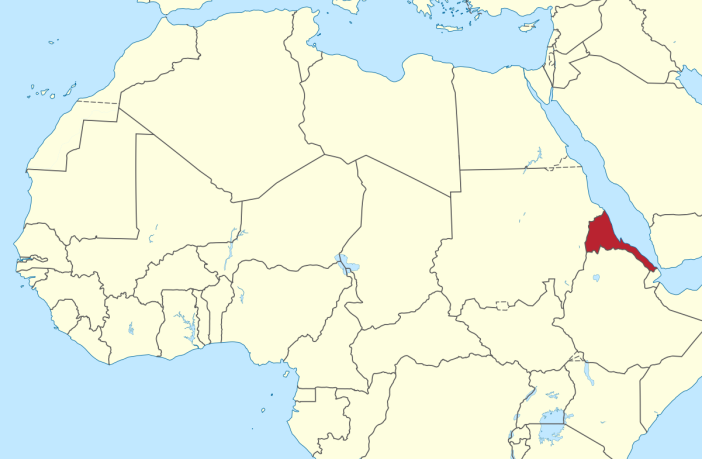- The African Development Bank (AfDB) has approved funding for the Dekemhare 30MW photovoltaic solar power plant project in Eritrea. The US$ 49.92 million grant comprises of US$ 19.5 million from the African Development Fund (ADF-15) and US$ 30.42 million from the Transition Support Facility (TSF).
- The project entails the construction of a grid-connected solar photovoltaic power plant near the town of Dekemhare 40 km southeast of the capital Asmara, and to increase the capacity to supply clean and affordable electricity.
The African Development Fund grant will finance the construction of a 30-megawatt solar photovoltaic power plant with a battery backup system. This is expected to contribute to increasing generation capacity and grid energy to 185 MW and 365 gigawatt-hours/year, respectively. Part of the grant will also be allocated to technical assistance and capacity building to improve the operational performance of the grid and ensure the sustainability of the results achieved and the overall development of the Eritrean power sector.
The project consists of the power generation phase, which includes the design, construction, supply and installation of a 30 MW grid-connected solar photovoltaic power plant with a 15 MW/30 MWh battery energy storage system, a 33/66 kV substation and a 66 kV transmission line connected to the existing transmission line between East Asmara and Dekemhare, located about 1 km from the project site.
The second component of the project is technical assistance and capacity building. This component aims to support technical studies for large-scale renewable energy projects to respond to electricity demand within Eritrea Electricity Corporation (EEC) network’s interconnected system, minimize the electricity generation from thermal plants and conduct critical studies of the energy sector, including emission reduction potential of the identified renewable energy projects and their eligibility for co-financing by international climate funds. The technical assistance includes capacity building for the electricity company and the Ministry of Environment, particularly in photovoltaic technologies and battery energy storage systems, dispatch management and commissioning of electrical equipment. This component also includes capacity building in network planning and design, performance improvement, and financial, legal, operational and environmental aspects. Technical assistance also aims to support the Renewable Energy Centre.
Author: Bryan Groenendaal















